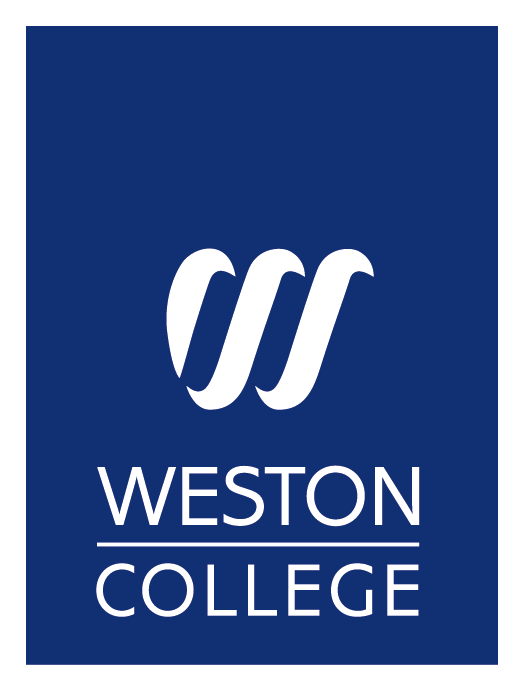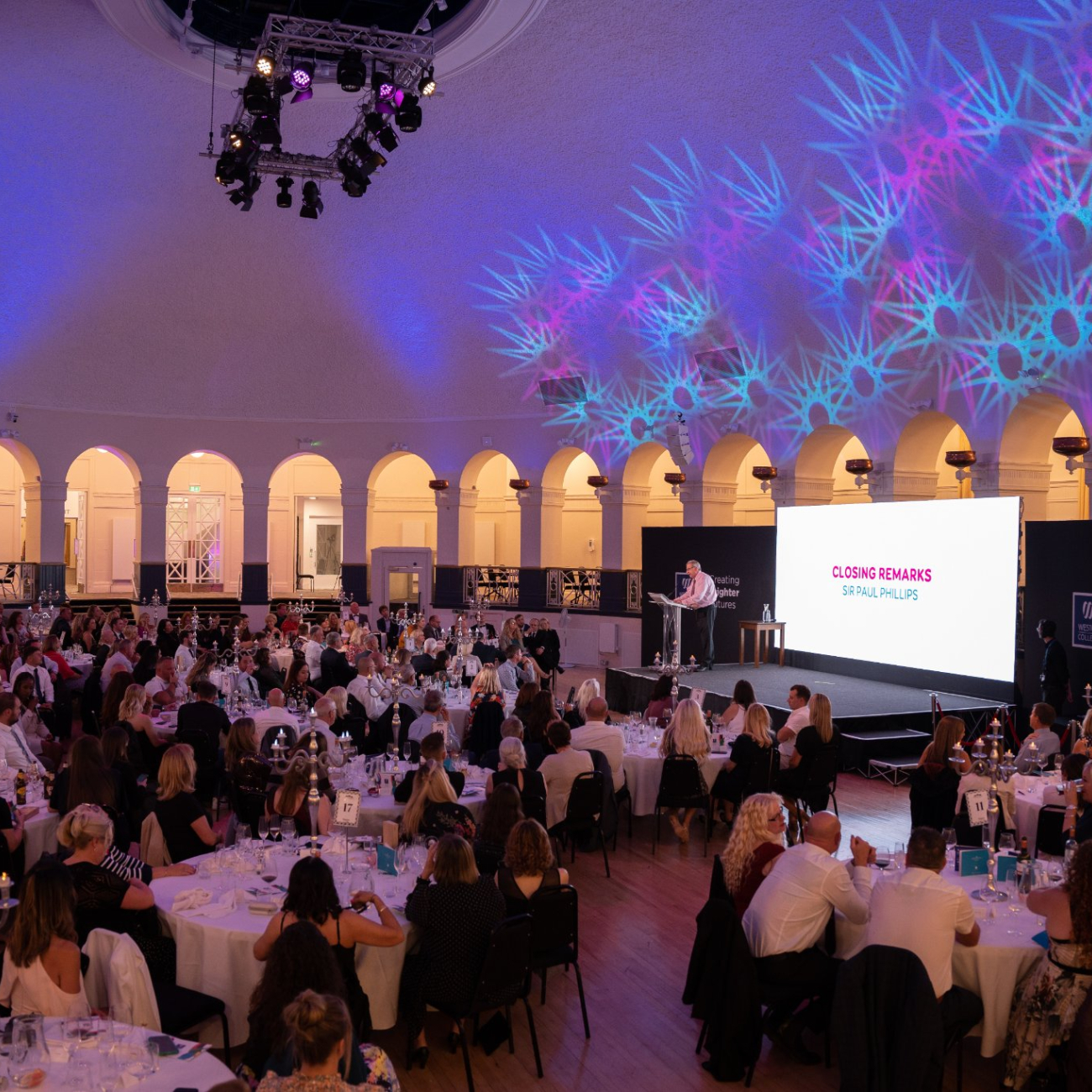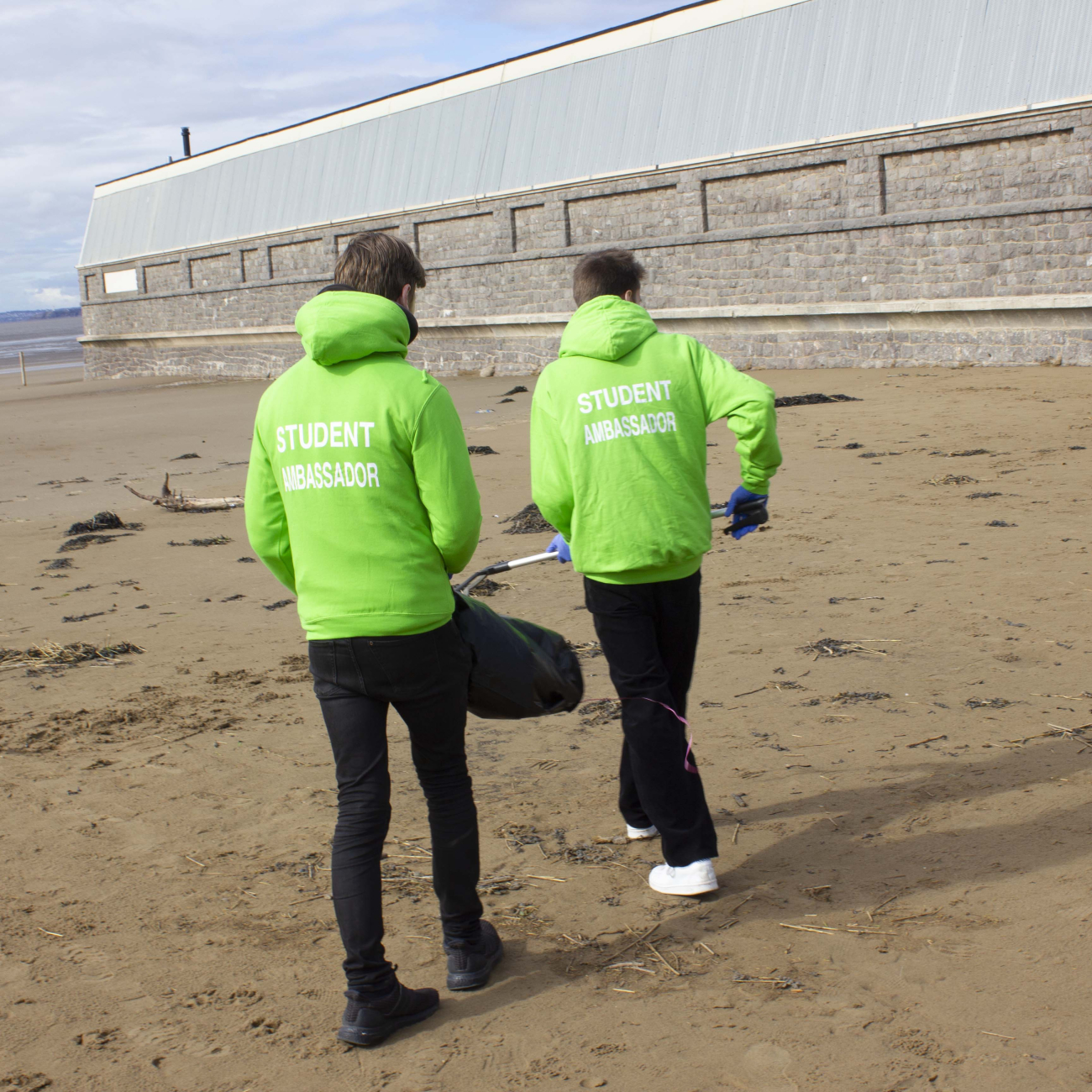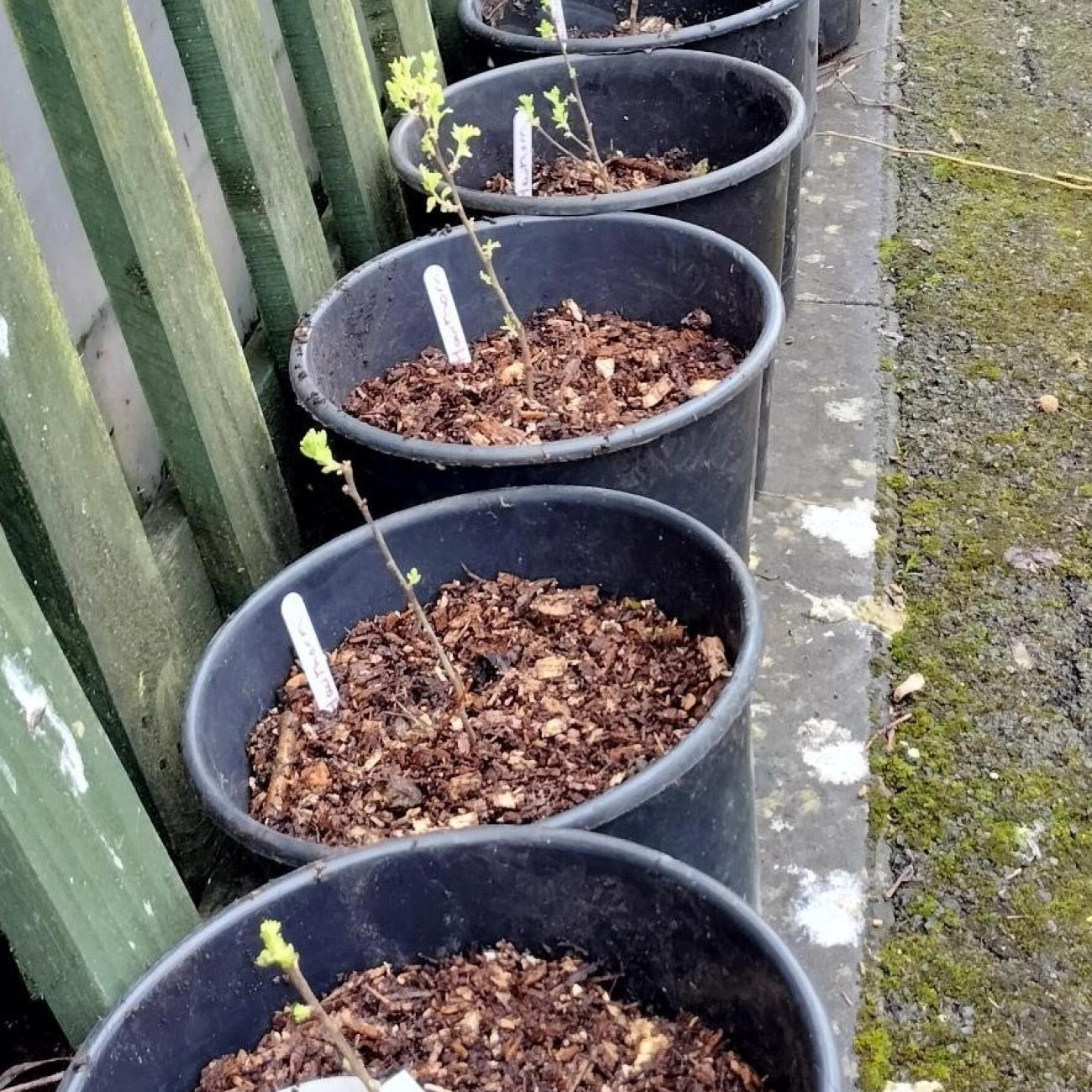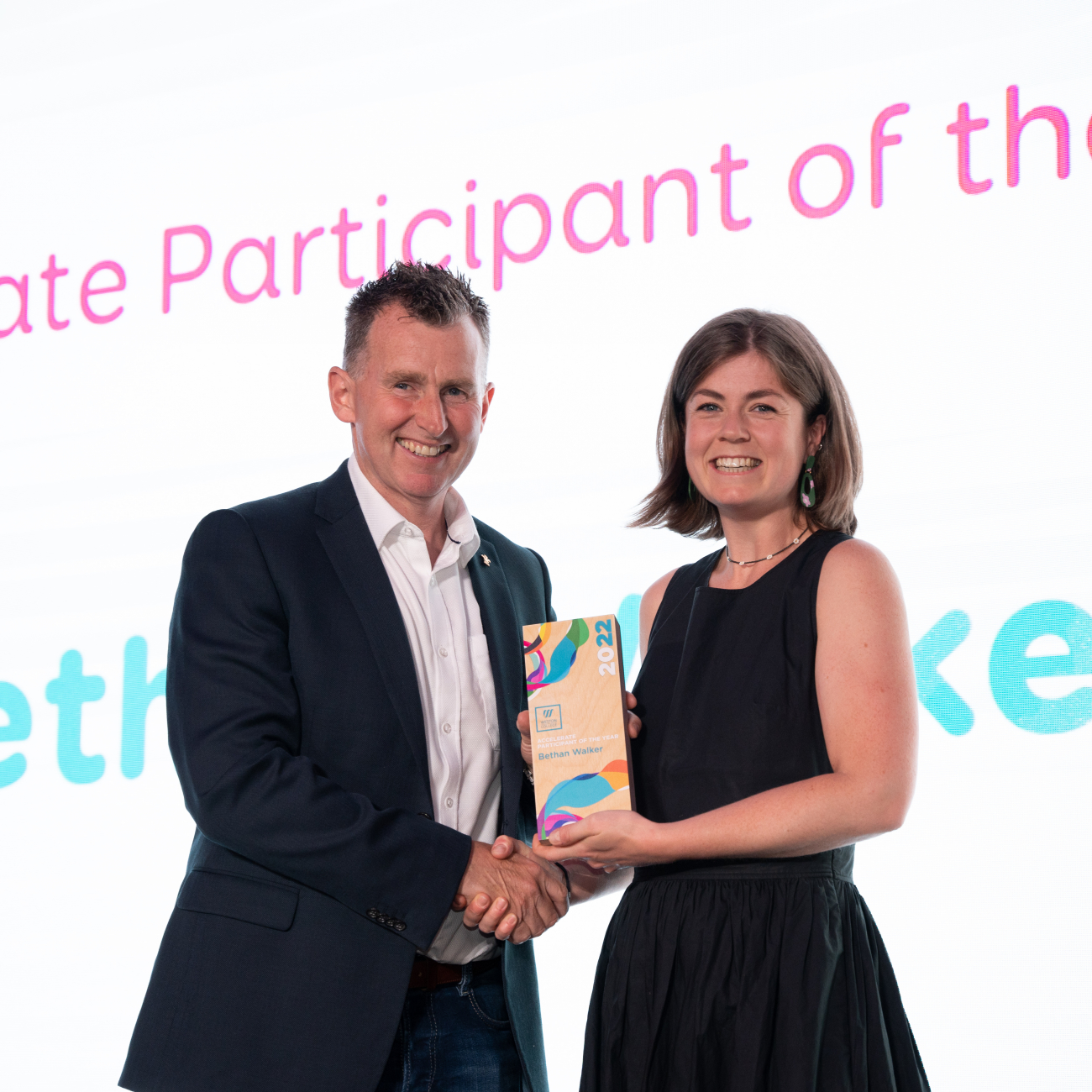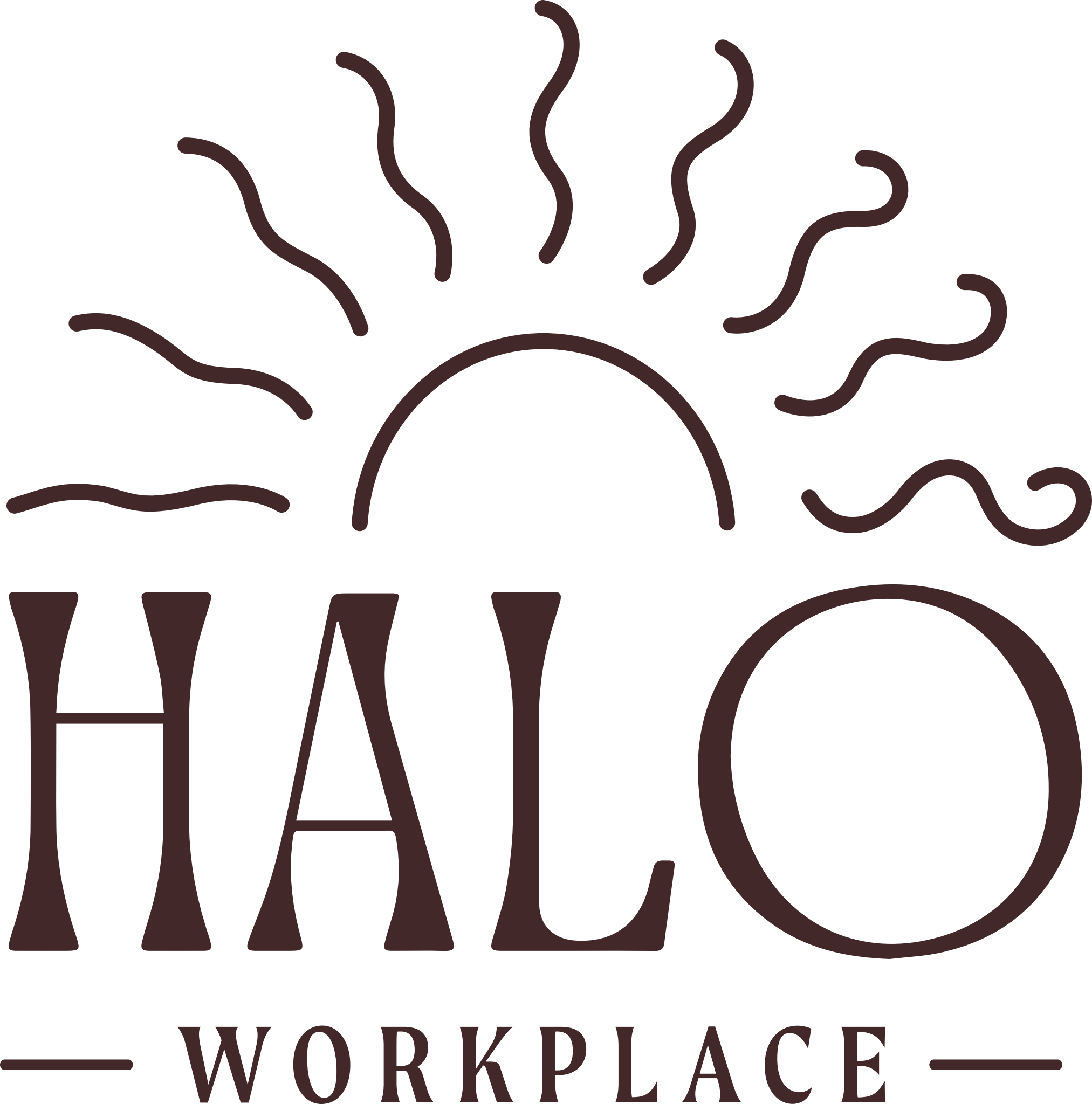
SUSTAINABILITY AND SOCIAL ACTION FRAMEWORK
Colleges, like all organisations, have a responsibility to address climate change and make necessary changes to help tackle this global issue. Here at Weston College we want to create, not just brighter futures, but greener ones too.
We're proud that all college stakeholders including our staff, learners and employers, are passionate advocates of making a difference to their communities.
To harness that drive for change, we must embed a "green, lean and socially responsible approach" in order to help sustain the world’s resources, reduce environmental impact and create the vibrant, positive and sustainable tomorrow.
On this page, you'll see our corporate aims to achieve this as well as examples of our current work and a link to read more in our full Sustainability and Social Action Framework document.
OUR AMBITION
To create a green, lean, socially responsible culture for staff and students to work together to build a ‘Net Zero College of the Future’, which champions green jobs, growth and careers – and uses social action to inclusively build a more sustainable and dynamic community, that can sustain and grow a progressive circular economy.
This will be achieved through the following key strands:
The Framework in action - using a 'Whole College - Whole System' approach
STRAND 1
COLLEGE
Reducing our carbon emissions and embedding a green, lean, socially responsible culture - for students and staff to come together, using strong green leadership, to sustainably work towards becoming a ‘Net Zero’ College of the Future.
STRAND 2
CAREERS
Upskilling to create the green change makers of the future. Working with employers and stakeholders to level up and champion inclusive green careers – so all learners prosper from a vibrant, progressive green economy. Cascade our ‘green, lean, socially responsible’ ethos, across all curriculum areas, and at all levels.
STRAND 3
COMMUNITY
Supporting our community to grow and thrive using social action projects, where students and staff work collaboratively - using green, lean and socially responsible principles, to create more sustainable, fairer neighbourhoods.
SUSTAINABILITY AND SOCIAL ACTION FRAMEWORK
STRAND 1: COLLEGE
OUR COMMITMENT TO BECOME A NET ZERO COLLEGE
Core aims
- To embed a strong college ethos of ‘green, lean social responsibility’ across the College in order to work towards ‘Net Zero’by 2050, - made possible through strong green leadership and governance and communicated through the College’s ‘Super Six’ Sustainability Principles, and championed through campaigns linked to #Let’s Go Net Zero.
- To become a ‘Net Zero’ role model for the education sector, regionally, nationally and internationally through creating collaborative partnerships aligned to key projects e.g. AoC - Beyond the FE Climate Action Roadmap - with success celebrated at every level, using a ‘Whole College – Whole System’ approach.
- To develop an ambitious carbon reduction plan with robust monitoring, measurement and compliance - secure capital investment to reduce the carbon footprint of its infrastructure and its population. Lead and share best practice nationally with regard to green accounting/investment to both future-proof a ‘Net Zero’ estate, and to encourage green re-investment in wider sustainability projects.
- To build a ‘green, lean and socially responsible’ supply chain, engaging with ethical partners who can promote and enhance a circular economy, and add social value to the community we serve.
- To create an environment which empowers staff, students and stakeholders to work together when designing ‘Net Zero’ solutions for each campus – which also improve wellbeing, biodiversity and work/life balance, and consider the role that technology plays in building a dynamic and efficient workforce.
- To support learners, staff and employers to upskill in carbon literacy, creating an inclusive ‘Net Zero’ talent pipeline who are passionate about tackling climate change and who can problem solve within a wider sustainability and social action context.
Key deliverables for 2024 to be reviewed annually:
- Launch the College’s Sustainability and Social Action Framework as the overarching ‘Towards Net Zero Strategy’ embedding the College’s ‘Super Six’ sustainability principles - with strong green leadership/governance in place.
- Bid for FE/HE capital/revenue grants to support the reduction of carbon emissions. Embed a digital mindset for greater efficiency of process; pioneer ‘green classroom management’ e.g. use of the Virtual Classroom.
- Reduce waste and energy and water consumption. Ensure ‘BREEAM’ for new builds with refurbishment using sustainable materials. Link with key government agencies e.g. DEFRA, BEIS, EA for a ‘Whole College - Whole System’ approach.
- Develop positive interaction with our supply chain, ensuring all tendering reflects a ‘Net Zero’/circular economy/social value approach. Support employers with a CPD training offer to collectively work towards ‘Net Zero’ as a region.
- Use an evidence based approach by establishing a robust carbon reduction accounting and reporting mechanism. Facilitate integration into the annual collegiate selfassessment/audit model for SMART target carbon emission monitoring – to ensure a process of continuous improvement exists.
- Ensure ‘Net Zero’ education/carbon literacy CPD is the norm for all learners and staff and motivation remains high using CE Hub curriculum integration; communication of the ‘Super Six’; use of #Let’s Go Net Zero campaigns and workforce development alignment.
STRAND 2: CAREERS
OUR COMMITMENT TO UPSKILL FOR GREEN CAREERS
Core aims
- To become an exemplar College for FE and HE for the implementation of the national green skills industrial revolution to ‘Build Back Greener’ - working in partnership with employers, learners, and key stakeholders e.g. WECA, the West of England IoT and and our National Centre for Excellence in Special Educational Needs and Disabilities (SEND), to create an inclusive talent pipeline to grow the green jobs of tomorrow.
- To align to the AoC’s Green College Commitment to make climate and environmental skills/education an integrated part of all vocational and academic programmes across the College Group- championing inclusive ‘green’ apprenticeships/ traineeships/T Levels, adult retraining opportunities e.g., Skills Bootcamps, and higher technical pathways - as per DfE policy.
- To support the aims of the National Climate Education Plan, as well as exploring alternative learning environments linked to nature, as an inclusive vehicle for re-engagement. Embed volunteering to build confidence, enhance problem solving/ entrepreneurialism, and to develop learning about wider sustainability for greater climate change reliance.
- To invest in CPD and the innovative technologies required to upskill the College’s workforce to teach outstanding green skills, linking with University Centre Weston and the West of England IoT, to develop higher progression routes. Champion a global approach - being part of the WorldSkills UK Centre of Excellence/Innovation Network and through linkage to the World Federation of Colleges and Polytechnics.
- To embed a digital mindset, when curriculum planning to widen participation and extend geographical reach – utilising the expertise of the College’s learning technologists. Create innovation as a Microsoft Showcase College for wider immersive green skills delivery, and the streamlining of processes/systems with CPD to further support learners and staff.
- To measure and monitor green skills/career progression, using a ‘Whole College – Whole System’ approach to increase carbon literacy, capturing the employer and learner voice throughout with impact clearly understood by the College’s leadership board and governors.
Key deliverables for 2024 to be reviewed annually:
- Launch the College’s Sustainability and Social Action Framework as the overarching ‘Towards Net Zero Strategy’ embedding the College’s ‘Super Six’ sustainability principles - with strong green leadership/governance in place.
- Bid for FE/HE capital/revenue grants to support the reduction of carbon emissions. Embed a digital mindset for greater efficiency of process; pioneer ‘green classroom management’ e.g. use of the Virtual Classroom.
- Reduce waste and energy and water consumption. Ensure ‘BREEAM’ for new builds with refurbishment using sustainable materials. Link with key government agencies e.g. DEFRA, BEIS, EA for a ‘Whole College - Whole System’ approach.
- Develop positive interaction with our supply chain, ensuring all tendering reflects a ‘Net Zero’/circular economy/social value approach. Support employers with a CPD training offer to collectively work towards ‘Net Zero’ as a region.
- Use an evidence based approach by establishing a robust carbon reduction accounting and reporting mechanism. Facilitate integration into the annual collegiate selfassessment/audit model for SMART target carbon emission monitoring – to ensure a process of continuous improvement exists.
- Ensure ‘Net Zero’ education/carbon literacy CPD is the norm for all learners and staff and motivation remains high using CE Hub curriculum integration; communication of the ‘Super Six’; use of #Let’s Go Net Zero campaigns and workforce development alignment.
STRAND 3: COMMUNITY
OUR COMMITMENT TO SUPPORT COMMUNITY SOCIAL ACTION
Core aims
- To create a culture where social action education becomes the norm, where students, staff and the community work cohesively to enhance the lives of others to build a more fairer, sustainable society in line with the global vision - as laid down by the UN’s sustainable development goals.
- To use collaboration to build a network of social action partners, in a model where the sum is greater than the parts to help those most disadvantaged, using green spaces and environmental projects as a mechanism to connect and improve wider wellbeing.
- To become a champion of change to drive the sustainability and social action agenda forward in our local and regional communities, with visible engagement through volunteering - and on a national scale as a national leader of inclusive practice.
- To upskill our own staff, governors, learners and businesses to understand social action and create workforce development best practice as an ‘Investor in People Platinum’ where social action, sustainability, inclusion and wellbeing (as core organisational values) - can be harnessed to both benefit the community and create a better work/life balance.
- To develop social value measurement, monitoring and reporting processes to allow social value impact to be realised – ensuring that capital projects, the curriculum and supply chains are continually improving their social value designs.
- To align with cross cuttings themes (and the work of wider national/international agencies) as per the ‘Department of Education’s Sustainability and Climate Change strategy, e.g. National Education Nature Park and Climate Leaders’ Award - with linkage to wider international work to share best practice and to protect the coastal environment we serve - in line with the National Flood and Coastal Erosion Risk Management Strategy.
Key deliverables for 2024 to be reviewed annually:
- Launch the College’s Sustainability and Social Action Framework as the overarching ‘Towards Net Zero Strategy’ embedding the College’s ‘Super Six’ sustainability principles - with strong green leadership/governance in place.
- Bid for FE/HE capital/revenue grants to support the reduction of carbon emissions. Embed a digital mindset for greater efficiency of process; pioneer ‘green classroom management’ e.g. use of the Virtual Classroom.
- Reduce waste and energy and water consumption. Ensure ‘BREEAM’ for new builds with refurbishment using sustainable materials. Link with key government agencies e.g. DEFRA, BEIS, EA for a ‘Whole College - Whole System’ approach.
- Develop positive interaction with our supply chain, ensuring all tendering reflects a ‘Net Zero’/circular economy/social value approach. Support employers with a CPD training offer to collectively work towards ‘Net Zero’ as a region.
- Use an evidence based approach by establishing a robust carbon reduction accounting and reporting mechanism. Facilitate integration into the annual collegiate selfassessment/audit model for SMART target carbon emission monitoring – to ensure a process of continuous improvement exists.
- Ensure ‘Net Zero’ education/carbon literacy CPD is the norm for all learners and staff and motivation remains high using CE Hub curriculum integration; communication of the ‘Super Six’; use of #Let’s Go Net Zero campaigns and workforce development alignment.
